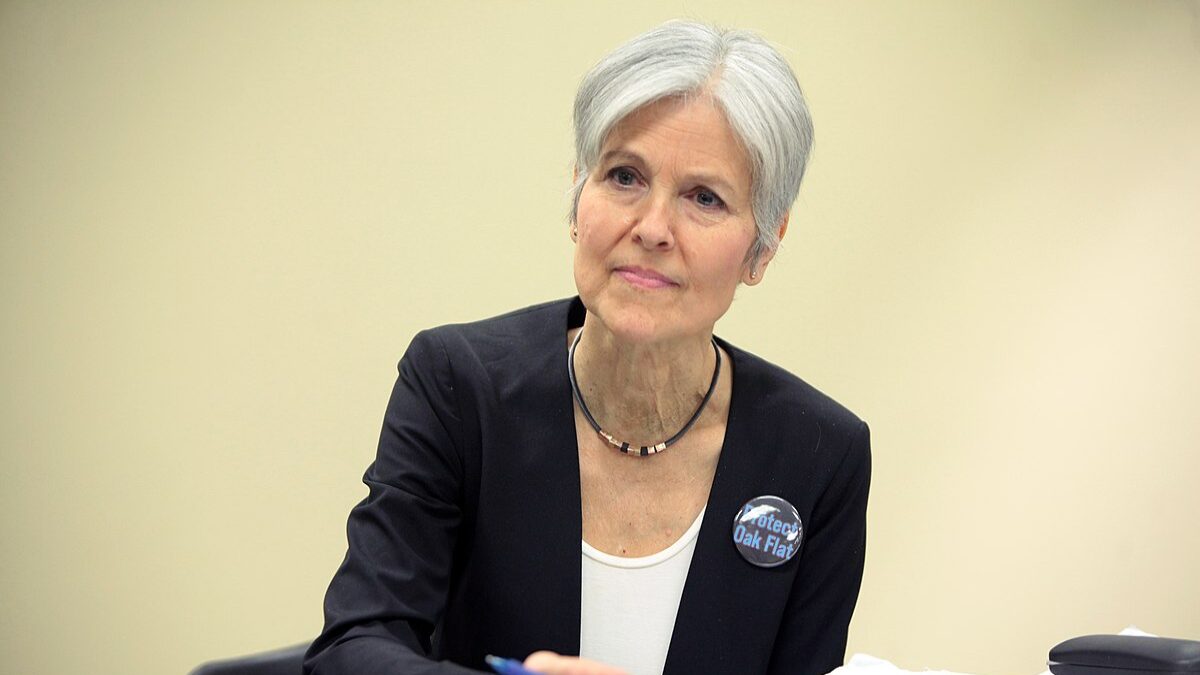When Rudy Giuliani became mayor of New York City in 1994, one of his top goals was reducing crime. This meant all crime, not just those that grab headlines but those at the pyramid’s base. He stated at the time: “Obviously murder and graffiti are two vastly different crimes. But they are part of the same continuum, and a climate that tolerates one is more likely to tolerate the other.”
The theory behind Giuliani’s approach wasn’t novel. Dubbed the “broken windows” approach, the theory was just as Giuliani explained it — laxity begets criminality — and at its core were more resources and arrests. According to a NBER paper on Giuliani’s methods: “the police force in New York City grew by 35 percent in the 1990s, the numbers of prison inmates rose 24 percent.”
The report argued that deterrence had a bigger effect than a growing economy. For New Yorkers, the results spoke for themselves: “Between 1990 and 1999, homicide dropped 73 percent, burglary 66 percent, assault 40 percent, robbery 67 percent, and vehicle hoists 73 percent.”
California Dreamin’
The other side of the country, however, presents a very different story. During Kamala Harris’ tenure (2011-2017) as state attorney general, California decided to break its own windows.
One of the drivers of California’s descent into dystopia has been the now infamous Proposition 47. On 2014’s ballot, it promised a win-win by “requir[ing] misdemeanor sentence instead of felony for certain drug and property offenses.” But it wouldn’t apply to those “with prior conviction for serious or violent crime and registered sex offenders,” and it dangled large budget savings, “potentially in the high hundreds of millions of dollars annually.” These “savings would be spent on school truancy and dropout prevention, mental health and substance abuse treatment, and victim services.”
If the ballot language sounded like a win-win, it paled compared to what it was dubbed: “The Safe Neighborhoods and Schools Act.” A study by Human Impact Partners stated: “A Health Impact Assessment of reforms proposed by a state ballot initiative predicts the changes would reduce crime, recidivism, racial inequities in sentencing, and save the state and its counties $600 million to $900 million a year — but only if treatment and rehabilitation programs are fully funded and implemented properly.”
Curiously, despite her title and the proposition’s direct effects within her purview, Harris didn’t take a public position on the legislation — but she was responsible for writing its title and summary. It would hardly be the only occasion when Harris disappeared from her bailiwick during her tenure as attorney general.
With so much leftward wind billowing in its sails, Proposition 47 passed 59-41 percent. Some nonviolent property and drug crimes were reclassified into misdemeanors (including retroactively under defined procedures), and the now-infamous $950 threshold for shoplifting was established.
California Crime
Fast-forward a decade, and things haven’t panned out as predicted. Like California’s windows, Proposition 47’s promises were made to be broken. A 2023 Pacific Research Institute report summarized Proposition 47 as a desire to “reduce crime and rates of incarceration.” As with all such attempts to have cake and eat it too, “Unfortunately, the recidivism rates have not improved and for the Prop 47 cohort of offenders has actually worsened.”
Specifically, “Nearly 3/4 of all Prop 47 thieves and drug dealers are re-arrested. Roughly the same number were re-arrested before Prop 47’s passage and they reoffend at a higher rate than former state prison inmates. Worse, this has been occurring for 9 years.”
In San Francisco, the seeming epicenter of California’s meltdown, an August 2023 report by Grow SF states:
There are three practical outcomes following Prop 47 for San Francisco.
Yet despite the fallout from Proposition 47, its far-left advocates have continued to try to retain it. When Republicans crafted legislation to repeal it, Democrats tried to buy them off with legislative language that would have scaled back Proposition 47 but avoided putting full repeal on the ballot.
Once repeal was cleared for this November’s ballot, Democrats tried to undercut it with milquetoast changes to draw away support and keep Proposition 47 on the books. Both efforts failed.
Say No to Californication
This November in America, our 47th president will be determined. Simultaneously, in California, Proposition 47’s fate will be determined (by Proposition 36). On the national ballot, Kamala Harris will be there directly. In California, Kamala Harris will be there indirectly — because while she was California’s attorney general, her office was responsible for writing Proposition 47’s title and “favorable description” that assuredly aided its 2014 passage.
One thing left out of the summary — beyond the crime effects that have occurred in Proposition 47’s wake — was something that would not occur: DNA samples from those committing crimes whose severity had been reduced. As The Sacramento Bee editorialized, just “three months after voters approved the initiative that reduced drug and property crimes from felonies to misdemeanors,” DNA samples had fallen by two-thirds (from 15,000 per month to 5,000). Such samples are analyzed to look for matches with those taken from more serious crime scenes. Fewer samples analyzed from lower-level crimes means fewer chances to solve more serious crimes.
The Sacramento Bee’s editorial concluded that if Harris knew the drop in DNA samples was a byproduct, her summary should have said so. And “[i]f she wasn’t aware of the DNA issue, she was not doing her job.”
As Politico recently wrote regarding the overlap of Kamala Harris’ tenure as attorney general and California’s relaxing of its law enforcement under the guise of “reform”: “In the years that followed, California voters were presented with a series of proposals to break from decades of tough-on-crime policies by relaxing penalties for nonviolent and drug-related offenses while facilitating prisoners’ early release. Even as she shared a ballot with those measures during her reelection campaign, Harris refused to give her opinion of them.”
However, there is a larger question than simply, “Where was Kamala Harris?” Why — in the face of “reform’s” failure and based on her experience as attorney general and then as senator from California — was Harris not leading the charge to roll back these misguided reforms?
In the 1960s, the Beach Boys sang that they wished all girls “could be California girls.” Six decades later, America’s far left wants all of the country to be California’s world. Proposition 47 is a stark reminder of what that world would look like. Kamala Harris should also remind us how California got to where it is, the role she played in getting it there — and the role she didn’t play in getting it out.






